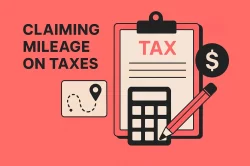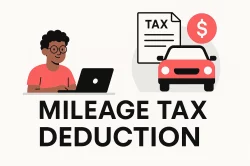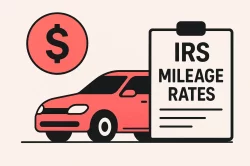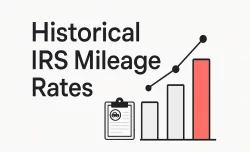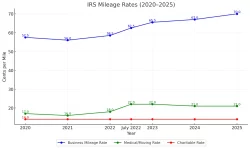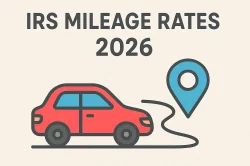Table of Contents
Thinking about an Electric Vehicle? EVs are changing how we drive. They run on electricity, not gas. This means cleaner air and often lower costs. Let’s explore what makes an Electric Vehicle a smart choice for many people today.
What is an Electric Vehicle (EV)?
An Electric Vehicle is a car that uses one or more electric motors for power. Instead of filling up at a gas station, you plug it in to charge a large battery. It’s pretty simple!
There are two main kinds of Electric Vehicles. First, there are Battery Electric Vehicles (BEVs). These run only on electricity. Think of cars like the Tesla Model 3 or Nissan Leaf. They have no gas engine at all. Second, there are Plug-in Hybrid Electric Vehicles (PHEVs). These cars have both an electric motor and a gasoline engine. They can run on electricity for a while, and when the battery runs low, the gas engine kicks in. The Toyota Prius Prime is an example of a PHEV. Electric motors are very good at turning power into movement and are much quieter than gas engines. Plus, they don’t put out any pollution from a tailpipe.
Thinking of Buying an Electric Vehicle? Buy vs. Lease
If you’re thinking about getting an Electric Vehicle, you might wonder if it’s better to buy it or lease it. Both can be good choices, but for different reasons.
Generally, buying an Electric Vehicle is better if you plan to keep the car for a long time. If you buy, you own the car, and you can benefit from the federal tax credits (up to $7,500 for new EVs) and any state incentives directly, assuming you meet the requirements. Owning the car means you can drive as many miles as you want without worrying about mileage limits that come with leases. Over many years, the savings on fuel and maintenance really add up when you own the car.
Leasing an Electric Vehicle might be a better fit if you like getting a new car every few years. EV technology is improving quickly, so leasing lets you drive one of the latest models without a long-term commitment. Sometimes, the automaker might give you the benefit of the $7,500 federal tax credit automatically when you lease, which can lower your monthly payments. However, when you lease, you don’t own the car, and you usually have limits on how many miles you can drive each year.
It’s a good idea to compare the costs of buying versus leasing for the specific Electric Vehicle you’re interested in.
To understand how Electric Vehicles work more deeply, you can watch this video: How Electric Cars Work – The Science Explained.
FAQ
What is an electric vehicle (EV)?
An electric vehicle (EV) is a car powered entirely or primarily by electric motors using energy stored in rechargeable battery packs instead of a conventional internal combustion engine.
Are EV charging costs deductible as business expenses?
Yes, if you use an EV for business purposes, the cost of charging can be treated as a deductible business expense—just be sure to document the date, location, and business purpose of each charging session.
Can MileageWise track EV charging and mileage together?
MileageWise focuses on accurate trip logging and mileage; while it doesn’t record charging sessions automatically, you can log charging costs manually alongside your mileage entries to keep all vehicle expenses in one place.



